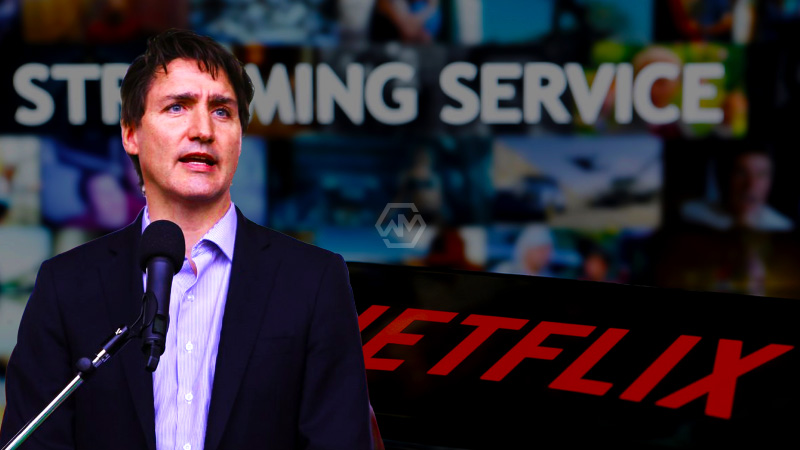- The majority of those organizations are situated in the U.S.
- Be that as it may, confirmation, particularly in the U.S., stays quite far off.
- That bill has just begun clearing its path through Parliament.
Canada’s expense on Netflix and other unfamiliar computerized administration organizations might be a significant aggravation for the U.S. tech area, yet Top state leader Justin Trudeau says it doesn’t appear to be a lot of worry to President Joe Biden.
In a year-end interview with The Canadian Press, Trudeau said “not once” did Biden show that the computerized administration charge, which is set to become real on Jan. 1, was a huge concern for the White House.
Canada’s 3% Tax on Netflix
The top state leader said he was ready to shield the arrangement, which is broadly gone against on Legislative Center Slope.
David Cohen, the U.S. minister to Canada, cautioned in October about the gamble of a “major battle” over the three percent demand.
The action is aimed toward guaranteeing unfamiliar tech monsters that are producing income from Canadian clients are expected to pay charges on that income in Canada.
The computerized charge was important for the Liberal political race stage during the 2019 mission, yet the public authority postponed its execution until 2024 to give additional opportunity to worldwide endeavors to lay out a more extensive, global tax collection plan.
A variant of the principal mainstay of that arrangement, drafted under the sponsorship of the G20 and the Association for Financial Co-activity and Improvement, was delivered in October.
Indeed, even without a peaceful accord on the worldwide structure, Canada needs to pass regulations to sanction the action in short order.



